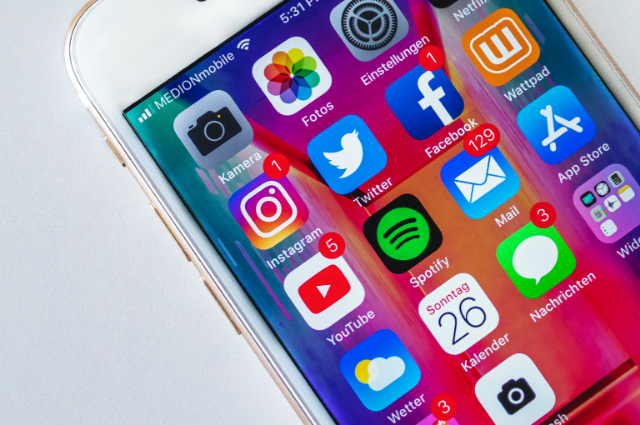
Photo by Sara Kurfeß on Unsplash
Introduction:
In a surprising revelation, a recent study by the US-based organization NewsGuard has shed light on the role of verified users, denoted by the blue badges, in spreading misinformation about the Israel-Hamas war on the social media platform formerly known as Twitter (referred to as "X" in this article).
The study, conducted during the first week of the conflict (October 7-14), has highlighted some alarming trends.
Verified users, often considered more credible sources on social media platforms, were found to be responsible for a staggering 74% of the most viral false narratives and unsubstantiated claims related to the Israel-Hamas war on X. These verified accounts, designated with blue badges, posted 186 out of the 250 most-engaged posts promoting misinformation about the conflict.
The Impact of False Claims:
The consequences of this misinformation were significant, with these posts collectively receiving 1,349,979 engagements and reaching an audience of over 100 million worldwide within just one week.
This underscores the substantial influence that verified users can wield in amplifying false narratives.
X's Attempt at Fact-Checking
X's CEO, Elon Musk, has often defended the platform's efforts to combat misinformation by promoting "Community Notes," a crowdsourced fact-checking feature.
However, the study found that this feature flagged only 79 out of the 250 posts advancing misinformation about the Israel-Hamas conflict. This means that Community Notes appeared on these harmful posts only approximately 32% of the time.
While misinformation was identified on several social media platforms, NewsGuard's focus was on X because it appears to be the only platform that publicly reduced its moderation efforts during this period.
Additionally, false narratives about the Israel-Hamas war often gained momentum on X before spreading to platforms such as TikTok and Instagram.
Verified Users and Viral Myths:
The study identified specific false or unsubstantiated narratives related to the conflict that gained significant traction on X.
For example, the most widely shared myth about Ukraine selling weapons to Hamas was primarily promoted by X Premium accounts. Similarly, the claim that CNN faked an on-screen attack of one of its crews was advanced predominantly by accounts with blue checkmarks.
The Verification Process:
The article also highlights a significant change in the verification process on X.
- Previously, users were verified based on "authenticity, notability, and activity."
- However, the new process allows users to become verified by paying an $8 fee, verifying a phone number, and adding a profile picture, without specifying that the photo needs to be of the account holder or a real person. X does not disclose its vetting process for blue check requests and does not require a real name to be associated with an account.
CONCLUSION:
The findings of News Guard's study raise questions about the responsibility and influence of verified users, as well as the effectiveness of social media platforms in combating misinformation during sensitive and contentious events like the Israel-Hamas conflict.
It also underscores the need for increased transparency and accountability in the verification and moderation processes on social media platforms.
The Impact of Verified Users:
Misinformation is not just a result of unverified or anonymous accounts.
Verified users, who are often perceived as reliable sources, also play a significant role in spreading false narratives, which can have far-reaching consequences on public opinion and the discourse surrounding critical global events.
As social media continues to shape public perception, addressing the issue of misinformation and the role of verified users is an urgent concern that requires careful consideration and action.
References:
